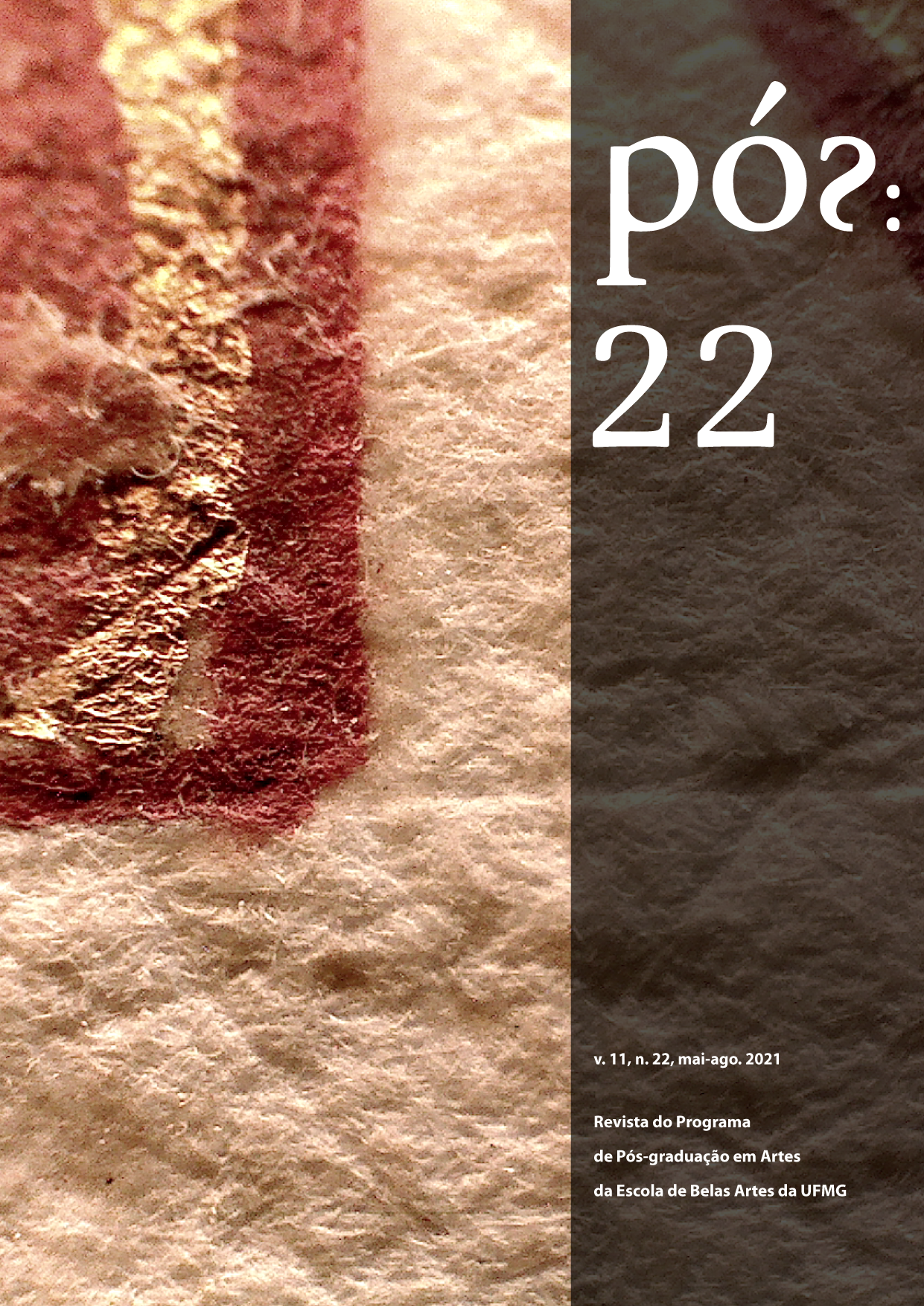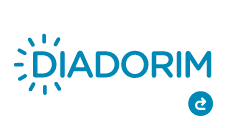Art, memory and archive in extreme contexts
from AI-5 to the 2000s
DOI:
https://doi.org/10.35699/2237-5864.2021.23175Keywords:
Art, Memory, Archive, Civil-military dictatorship in BrazilAbstract
Arte, memória e arquivo em contextos extremos:do AI-5 aos anos 2000 [Art, Memory and Archive in Extreme Contexts: from AI-5 to the 2000s] investigates contemporary artistic productions which incorporate the dimension of archive and memory in two distinct moments of the country’s history: the civil-military dictatorship and the 2000s. Throughout the essay we attempt to show how the constitution of the archive-work strongly relates to the history of the context of Brazilian art, and also how the development of this production can be understood as a kind of device for new “re-writings” of history by artists in contemporaneity. In 2018, as a case study, we performed a reading of the Estado(s) de emergência [State(s) of Emergency] exhibition, held by Paço das Artes in partnership with Oficina Cultural Oswald de Andrade.
Downloads
References
ARANTES, Priscila. Arte @ Mídia: perspectivas da estética digital. São Paulo: FAPESP; Editora Senac, 2005.
ARANTES, Priscila. Arquivo Vivo. São Paulo: Paço das Artes, 2013.
ARANTES, Priscila. Reescrituras da Arte Contemporânea: história, arquivo e mídia. Porto Alegre: Sulinas, 2014.
ARANTES, Priscila; MATOS, Diego. Estado(s) de emergência. São Paulo: Paço das Artes, 2019.
BENJAMIN, Walter. Magia e técnica, arte e política. Tradução de Sérgio Paulo Rouanet. 6. ed. São Paulo: Brasiliense, 1993. (Obras escolhidas, 1)
DERRIDA, Jacques. Mal de arquivo: uma impressão freudiana. Rio de Janeiro: Relume Dumará, 2001.
FABRINI, Fabio. Juíza proíbe governo Bolsonaro de comemorar golpe de 1964. Folha de S.Paulo, 29mar. 2019. Disponível em: <https://www1.folha.uol.com.br/poder/2019/03/juiza-proibe-governo-bolsonaro-de-comemorar-golpe-de-1964.shtml>. Acesso em 24 fev. 2020.
FREIRE, Cristina. Arte Conceitual. Rio de Janeiro: Zahar, 2006.
FREIRE, Cristina; LONGONI, Ana (Org.). Conceitualismos do SulSur.São Paulo: Annablume; USP-MAC-AECID, 2009.
FOUCAULT. Michel. A arqueologia do saber. Rio de Janeiro: Forense Universitária, 2008.
HOBSBAWN, Eric. A Era dos extremos: o breve século XX. 1941-1991. São Paulo: Companhia das Letras, 1995.
MIYADA, Paulo. AI-5 50 anos: ainda não terminou de acabar. São Paulo: Instituto Tomie Oktake, 2019,
MORAIS, Frederico. Reescrevendo a História da Arte na latino-americana. In: I Bienal de Artes Visuaisdo Mercosul. Porto Alegre: Fundação Bienal de Artes Visuais do Mercosul, 1997. Catálogo de exposição, 2out.- 30 nov. 1997. p. 12-20.
PIGNATARI, Décio. Teoria da guerrilha artística, 1967.In: FERREIRA, Glória (Org.). Crítica de Arte no Brasil: temáticas contemporâneas. Rio de Janeiro: Funarte, 2006. p. 157-162.
ROELS, Reynaldo; SANTOS, Joaquim Ferreira dos. A arte do AI-5 hoje, 1986. In: FERREIRA, Glória (Org.). Crítica de Arte no Brasil: temáticas contemporâneas. Rio de Janeiro: Funarte, 2006. p. 183-190.
SAFATLE, W. Marighella. Folha de S.Paulo, 22 fev. 2019. Disponível em: <https://www1.folha.uol.com.br/colunas/vladimirsafatle/2019/02/marighella.shtml>. Acesso em: 24 abr. 2020.
TROUILLOT, Michel-Rolph. Silecing the past: power and production of history. Boston: Bacon Press,1995.
Downloads
Published
Issue
Section
License
Copyright (c) 2021 Priscila Almeida Cunha Arantes

This work is licensed under a Creative Commons Attribution-NonCommercial 4.0 International License.
Authors who publish in this journal agree to the following terms:
- Authors retain copyright and grant the journal the right of first publication, with the work simultaneously licensed under the a Creative Commons Attribution-NonCommercial 4.0 International License that permits sharing of the work with acknowledgement of authorship and initial publication in this journal;
- Authors are permitted to enter into additional contracts separately, for non-exclusive distribution of the version of the work published in this journal (e.g., the Creative Commons Attribution License).
- Authors are permitted and encouraged to publish and distribute their work online (e.g., in institutional repositories or on their home page) at any point before or during the editorial process, as this may generate productive changes as well as increase the impact and citation of the published work.
- It is the responsibility of the authors to obtain written permission to use in their articles materials protected by copyright law. Revista PÓS is not responsible for copyright breaches made by its contributors.












